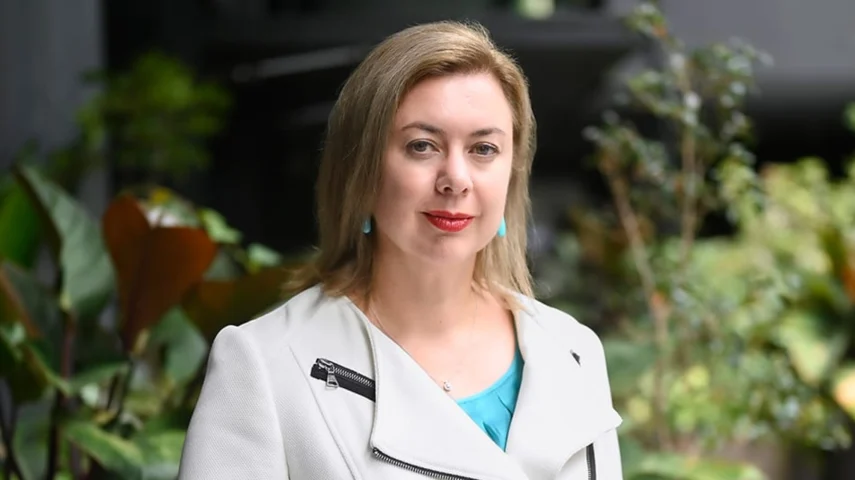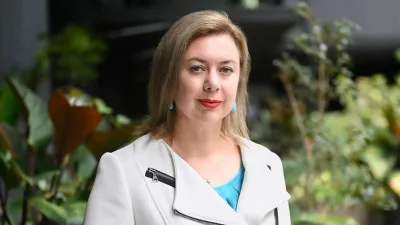‘Much too high’: FAAA advocates further ASIC levy reduction



While ASIC’s estimated FY24 levy only saw a slight $60 rise per adviser compared to the previous year, FAAA’s Sarah Abood believes it is still too high for a shrinking industry.
The corporate regulator confirmed its industry funding levy for the 2023–24 financial year and how much advice licensees can expect to pay earlier this week.
According to its annual Cost Recovery Implementation Statement, ASIC said the estimated cost for licensees that provide personal advice to retail clients on relevant financial products will be $48.39 million.
The estimated levy will be a minimum levy of $1,500 plus $2,878 per adviser. This is up only slightly from $2,818 per adviser for the 2022–23 financial year, after last year’s figure was reduced from $3,217 following industry backlash.
A finalised levy sum will be released in December 2024, and invoices will be sent out to affected firms between January and March 2025.
Sarah Abood, chief executive of the Financial Advice Association Australia (FAAA), reminded the industry that the $2,878 per adviser figure is just an estimate, as the final amount could change.
“We think this amount remains much too high for a shrinking small business financial advice sector, the vast majority of whom are doing the right thing, yet are paying for supervision and enforcement against those who are not – including those who are unlicensed,” Abood described.
Last year an initial estimated levy of $3,217 was successfully reduced following industry backlash, down to $2,818 in the final amount.
The FAAA continues to advocate strongly for a reduction in the ASIC levy, the chief executive added, as well as further transparency on how these costs are calculated by the regulator.
“Again, we call on the government to implement the findings of the 2023 Treasury review into ASIC’s industry funding model. That report was delivered over a year ago now, and seems to be gathering dust.”
The Treasury review, which was released in June 2023, made 10 recommendations that were broken down into three sections: industry funding levies; fees-for-service; and reporting, transparency and consultation.
Moreover, Abood emphasised the Senate’s final inquiry report into ASIC’s investigation and enforcement released last week for more recommendations to make the levy fairer and more sustainable.
Recommendation 11 of the report, which was chaired by Senator Andrew Bragg, urged the government to reassess ASIC’s funding arrangements so that a greater level of funding can be directly resourced with the proceeds of regulatory fines.
“As this report notes, ASIC is a highly profitable operation for the government, making a surplus of $1.4 billion in the 2022–23 financial year. This is in large part because fines and penalties associated with enforcement actions are paid into consolidated revenue. Government has plenty of room to make the levy fairer and more sustainable,” Abood continued.
Recommended for you
The Financial Advice Association Australia has appealed to licensees to urgently update their FAR records as hundreds of advisers are set to depart by the end of the year.
Demand for robo-advice tools is rising, a report has shown, but this is occurring simultaneously with rising demand for professional face-to-face advice.
ASIC has released the results of the latest financial adviser exam, held in November 2025.
Winners have been announced for this year's ifa Excellence Awards, hosted by Money Management's sister brand ifa.












